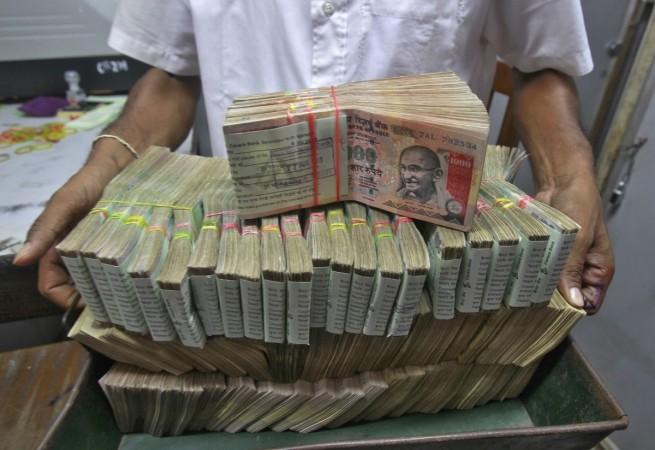The Modi government is likely to offer incentives to individual taxpayers and corporates in the forthcoming Budget to boost savings and investments.
It is in the process of giving finishing touches to the proposals and there is speculation that the income tax slab would be revised or exemptions reworked, for individuals.
The corporation tax, which has remain unchanged at 30 percent for the last seven years, is also likely to be modified. Many Indian companies are moving their operations to lower tax nations to reduce their tax burden. There is a pressing need to address this issue, said an official, according to The EconomicTimes.
The effective corporation tax rate is about 33 percent, after including surchage and cess. The surcharge was reduced to 5 percent last year, from 10 per cent.

The Narendra Modi government is keen to get the revive the investment cycle, with emphasis on manufacturing, as part of its 'Make in India' initiative. It has also recognised that a predictable and easy tax structure is essential to influence international firms to set shop in India.
In its maiden Budget presented last year, the Modi government increased the personal income tax exemption limit from ₹2 lakh to ₹2.5 lakh. For senior citizens, the limit was raised to ₹3 lakh, up from ₹2.5 lakh earlier.
Even as Prime Minister Prime Minister Narendra Modi and Finance Minister Arun Jaitley have reiterated their support for lower taxes, poor revenue generation and a strict fiscal consolidation objective to limit the fiscal deficit at 4.1% of the GDP could reduce the scope for offering tax relief.
Experts have welcomed the possibility of tax relief to individuals and corporate.
"For individuals there is a need to have a re-look at exemption and for companies there is a need to have a look at the dividend distribution tax and the minimum alternate tax for special economic zones. For companies the effective tax rates can go up to 48 per cent if you include the dividend distribution tax," said Dinesh Kanabar, CEO, Dhruva Advisors told ET.
The NDA had to contend with a less than favourable set of conditions, taking over from the UPA 2 government, whose retrospective tax had a stinging impact on the nation's standing among global investors.
The Modi government had made reforming the tax administration and the taxation structure a major priority in its plan for fiscal stability.
The Centre has undertaken necessary amendments to make for a favourable tax administration and has laid down guidelines for interaction between the department and individual taxpayers and companies.

















